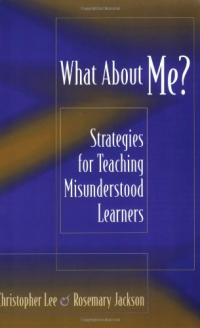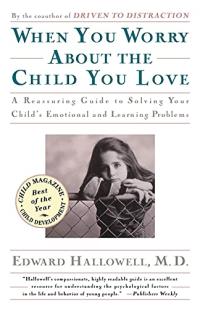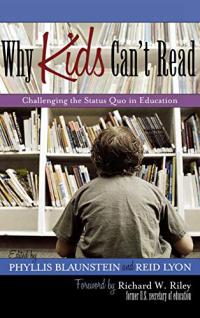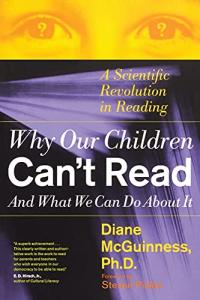
The Source for Nonverbal Learning Disorders
The child with a nonverbal learning disability presents a puzzling and challenging profile to teachers, therapists, and parents. This resource translates the research into an understandable manual for the identification and treatment of children and youth with nonverbal learning disorders.






